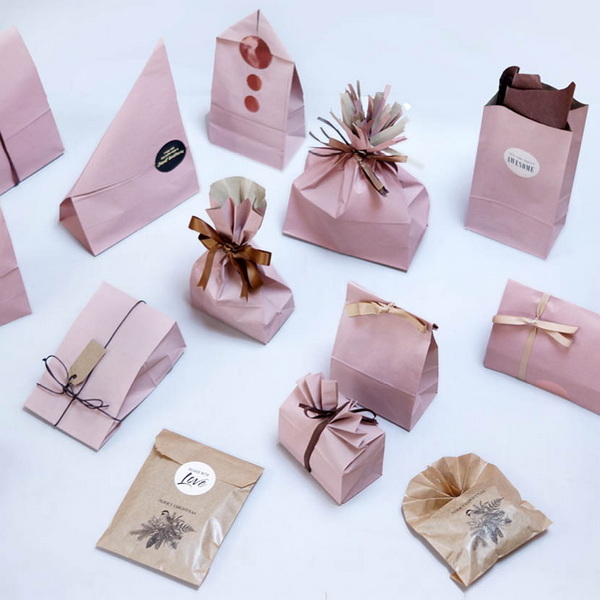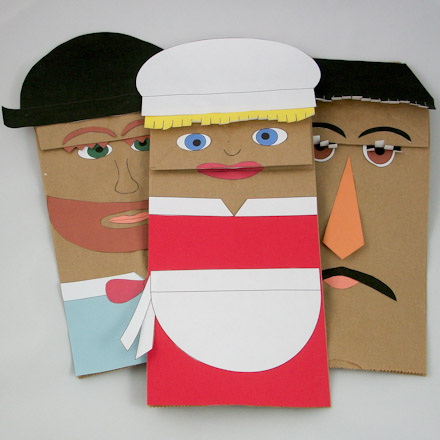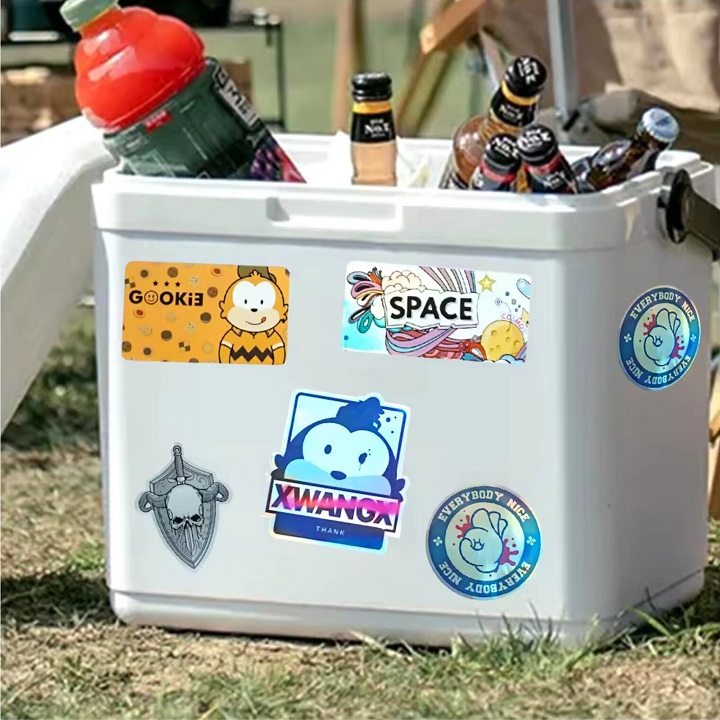Content Menu
● Introduction
● Materials Needed
● Step-by-Step Instructions
>> Prepare Your Paper
>> Fold the Paper
>> Create the Base
>> Forming the Bag
>> Finalize Your Bag Structure
>> Decoration
● Tips for Making Paper Bags
● Benefits of Making Your Own Paper Bags
● Conclusion
● Related Questions
>> 1. What type of paper is best for making small bags?
>> 2. Can I make a paper bag without glue?
>> 3. How do I make my paper bag waterproof?
>> 4. What are some creative ways to decorate my paper bag?
>> 5. How long does it take to make a small paper bag?
● Citations:
Introduction
Creating small paper bags is a delightful and environmentally friendly craft that anyone can enjoy. Whether you need a bag for gifts, groceries, or personal use, making your own paper bag allows for customization and creativity. This article will guide you through the process of making small paper bags using various materials and techniques. We will explore the tools needed, step-by-step instructions, and tips for decorating your bags. By the end of this article, you will have a comprehensive understanding of how to make small paper bags and the benefits of doing so.

Materials Needed
Before starting your paper bag project, gather the following materials:
- Paper: You can use various types of paper such as old newspapers, chart paper, or any scrap paper you have at home. A standard A4 sheet is a common choice.
- Glue: Use any adhesive like glue sticks or liquid glue.
- Scissors: For cutting your paper to size.
- Ruler: To measure and create straight lines.
- Pencil: For marking measurements on your paper.
- Optional Decorations: Ribbons, sequins, or paints for personalizing your bag.
Step-by-Step Instructions
Prepare Your Paper
Start by selecting the type of paper you want to use. If you're using an A4 sheet, it measures approximately 21 cm x 30 cm. You can also use larger sheets if you want bigger bags.
1. Cut the Paper: If necessary, cut your paper to the desired size using scissors. For a small bag, an A4 sheet is often sufficient.
Fold the Paper
1. Create a Cylinder: Take one edge of the paper and apply glue along it. Fold the opposite edge over to create a cylinder shape. Make sure to press firmly to secure it in place.
2. Flatten the Cylinder: With the glued edge in the center, flatten the sides to form a rectangle again.
Create the Base
1. Fold Upwards: Fold the bottom edge of the rectangle upwards about 5 cm (2 inches). This will form the base of your bag.
2. Create Corners: Fold both corners down towards the center line of your folded base to create triangular flaps. Unfold them again.
Forming the Bag
1. Open Up the Base: Open up the folded bottom section while keeping the triangular flaps intact.
2. Glue Down Flaps: Apply glue to these triangular flaps and fold them inwards to secure them against the sides of your bag's base.

Finalize Your Bag Structure
1. Fold Down Top Edge: Fold down the top edge of your bag about 2 cm (0.8 inches) for a cleaner finish.
2. Create Handles (Optional): If you want handles, cut two strips from leftover paper or use ribbon. Make holes on either side of the top fold and thread through your handles before securing them with knots.
Decoration
Now that your bag is assembled, it's time to personalize it:
- Use paints or markers to add designs.
- Glue sequins or stickers for embellishments.
- Attach ribbons or bows for a decorative touch.
Tips for Making Paper Bags
- Use Sturdy Paper: For heavier items, consider using thicker paper or adding a cardboard base.
- Experiment with Sizes: Adjusting dimensions can create various bag sizes suitable for different purposes.
- Practice Creasing: Proper creasing ensures that folds are neat and that bags hold their shape well.
Benefits of Making Your Own Paper Bags
1. Eco-Friendly: Reduces reliance on plastic bags and promotes recycling.
2. Cost-Effective: Utilizes materials you already have at home.
3. Creative Outlet: Offers an opportunity to express creativity through design and decoration.
4. Customizable: You can tailor sizes and styles according to your needs.
Conclusion
Making small paper bags is not only a fun craft but also an excellent way to contribute positively to our environment by reducing waste and promoting recycling practices. With just a few materials and some creativity, anyone can create beautiful and functional bags for various uses.
By following this guide, you should now have all the knowledge needed to start making your own small paper bags at home!

Related Questions
1. What type of paper is best for making small bags?
Using thicker papers like cardstock or old newspapers provides better durability compared to regular printer paper.
2. Can I make a paper bag without glue?
Yes, you can use tape as an alternative adhesive if you prefer not to use glue.
3. How do I make my paper bag waterproof?
To make your bag waterproof, consider applying a sealant spray designed for paper products after decorating it.
4. What are some creative ways to decorate my paper bag?
You can use paints, washi tape, stickers, or even fabric scraps to enhance your bag's appearance.
5. How long does it take to make a small paper bag?
Typically, it takes about 10-15 minutes to make a simple small paper bag once you have all materials prepared.
The total word count of this article is 1117 words.
Citations:
[1] https://www.youtube.com/watch?v=ESuxIr_i1XI
[2] https://thebetterindia.com/204849/how-to-recycle-old-newspaper-how-to-make-paper-bag-sustainable-zero-waste/
[3] http://www.hotessay.net/news_show.php?id=630
[4] https://www.youtube.com/watch?v=xRDoSMRP54E
[5] https://www.instructables.com/Paper-Bag-1/
[6] https://www.youtube.com/watch?v=riqiOF3EXz8
[7] https://www.ketegroup.com/how-are-paper-bags-made/
[8] https://www.youtube.com/watch?v=T2s5qvFfFtc
































